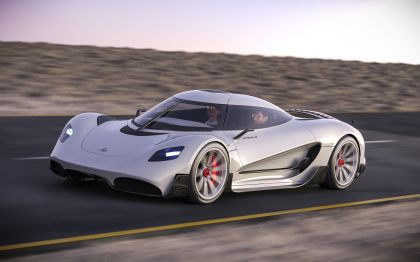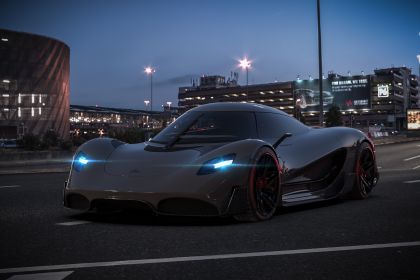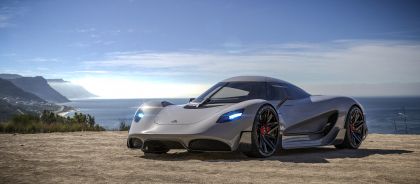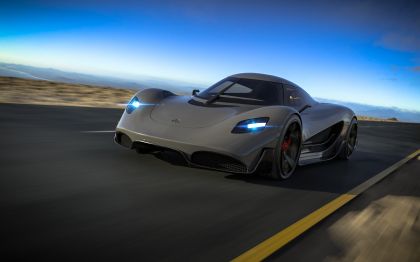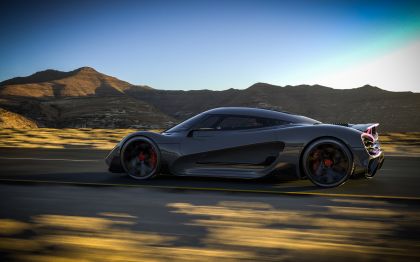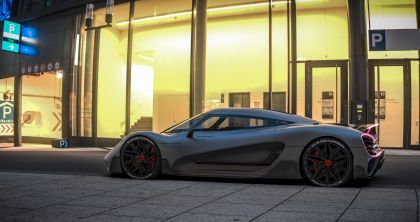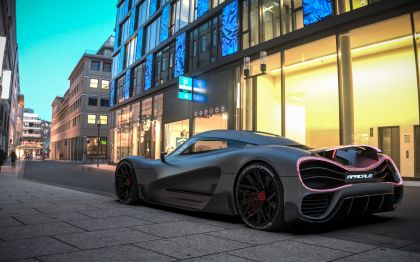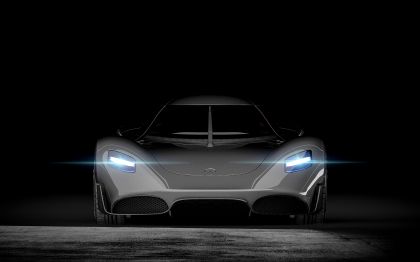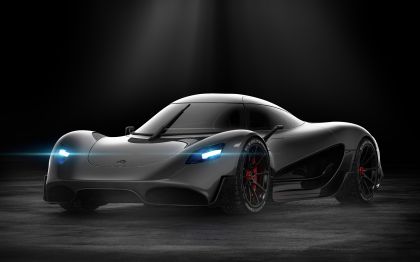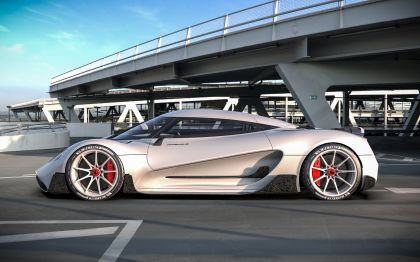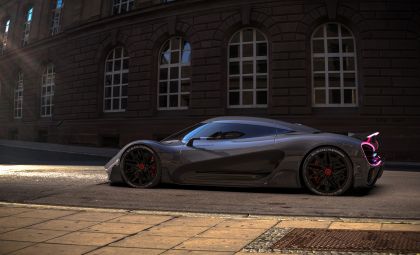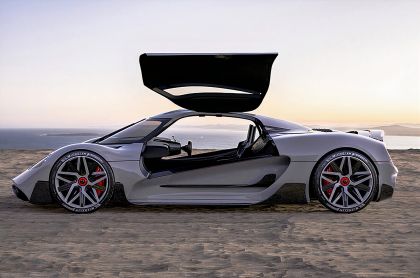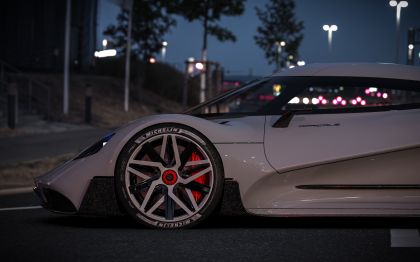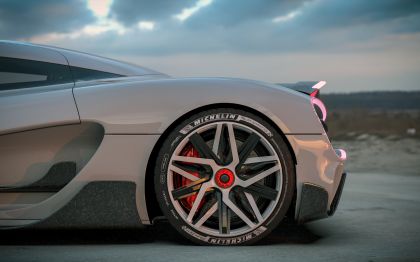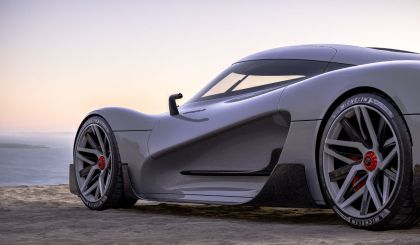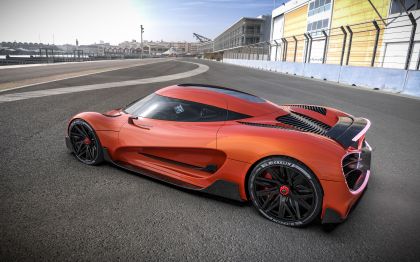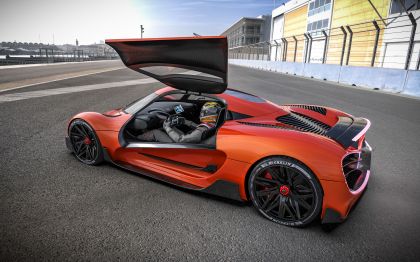Suggestively-named UK company Viritech has announced that it's making an altogether different kind of male enhancement supplement than we'd have expected, in the form of a hydrogen-powered hypercar called the Apricale.
Viritech, which is moving into a new engineering facility at Horiba-MIRA in the British Midlands, plans to make hydrogen powertrains its core business, across a bunch of industries including aerospace, marine, energy, road and rail freight. The Apricale is one of three showpieces it's building in small numbers to demonstrate and draw attention to its capabilities.
It certainly looks like it'll draw some attention – although mind you, this would have to rank as one of the more conservative zero-emissions hypercar designs we've seen. In no way does it scream "HEY EVERYONE LOOK I'M A HYDROGEN CAR," and that's a refreshing change, even if it might end up being a tad anonymous parked out the front of a Monte Carlo hotel.
Viritech's secret sauce, which it plans to prove in the Apricale, is its structural pressure vessels. Essentially, the company says it's building a super-lightweight graphene composite monocoque frame for the car that incorporates hydrogen storage the way many battery-electric vehicles now incorporate their battery packs. The benefits: super-tidy packaging without great big cylinders to plan around, and a significant weight reduction as compared to cars with bolt-on hydrogen cylinders.
The range of the car is as yet unknown, but it's fair to expect it'll be huge compared to battery-electrics. The only other hydrogen hypercar we've seen thus far, the eye-popping Hyperion XP-1, promises more than 1,000 miles (1,600 km) on a tank. As we mused when we wrote about that one, you'll probably want long ranges as an early adopter of hydrogen; you can't charge it at home like a battery car, and there are currently just 14 hydrogen fuel stations in all of the UK.
Viritech says it's going to develop the Apricale over the next 18 months, with a limited production run of 25 cars beginning in early 2023. The company is also working on "reference designs" a family-style SUV called the Tellurio, as well as a heavy-haul truck called the Jovian. Long-haul trucking is likely a better market for the company, since batteries won't be able to handle super-long distance trucking as well as hydrogen, even if they're clearly superior right now for the vast majority of passenger car use cases.
